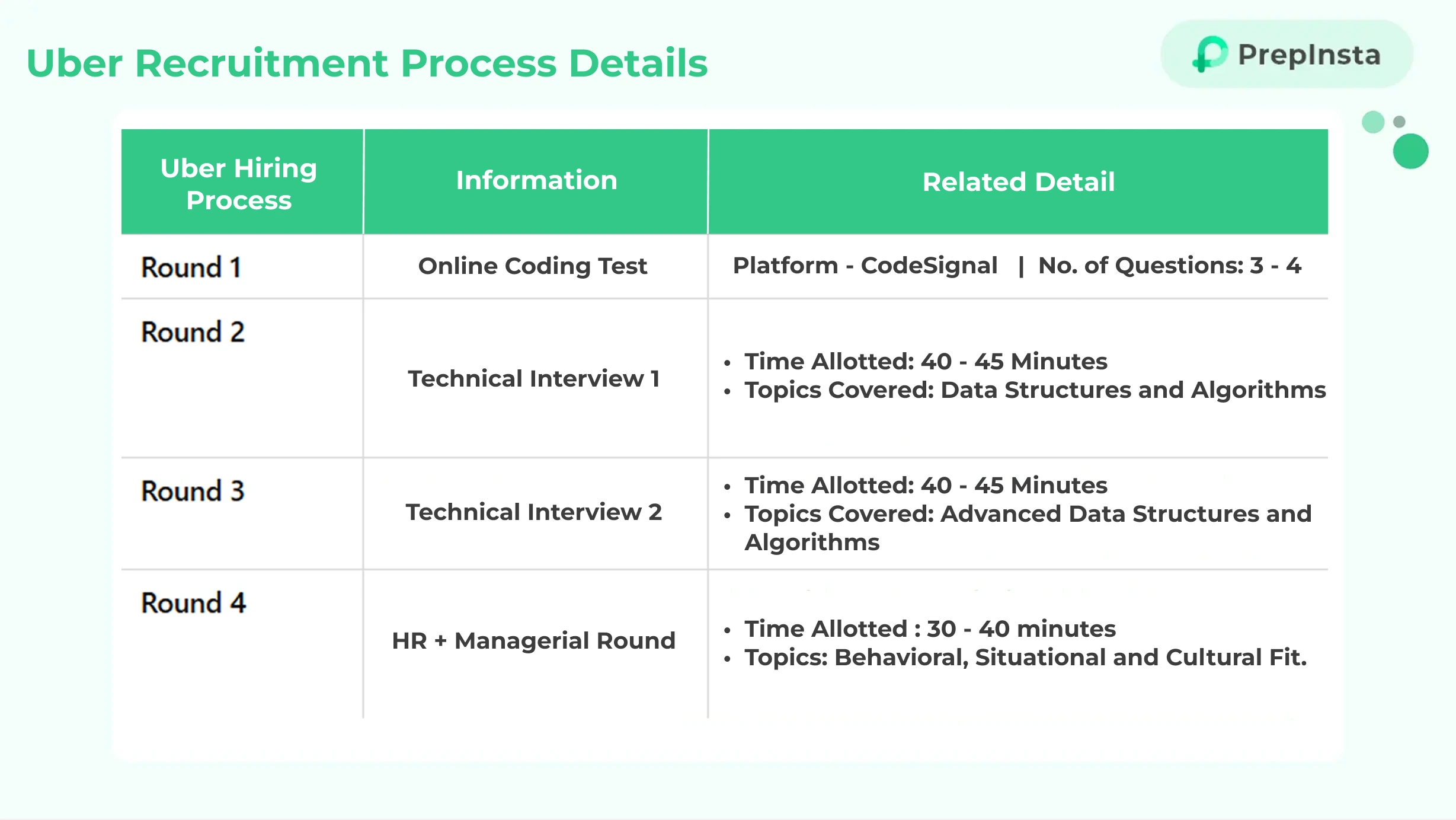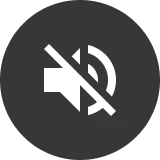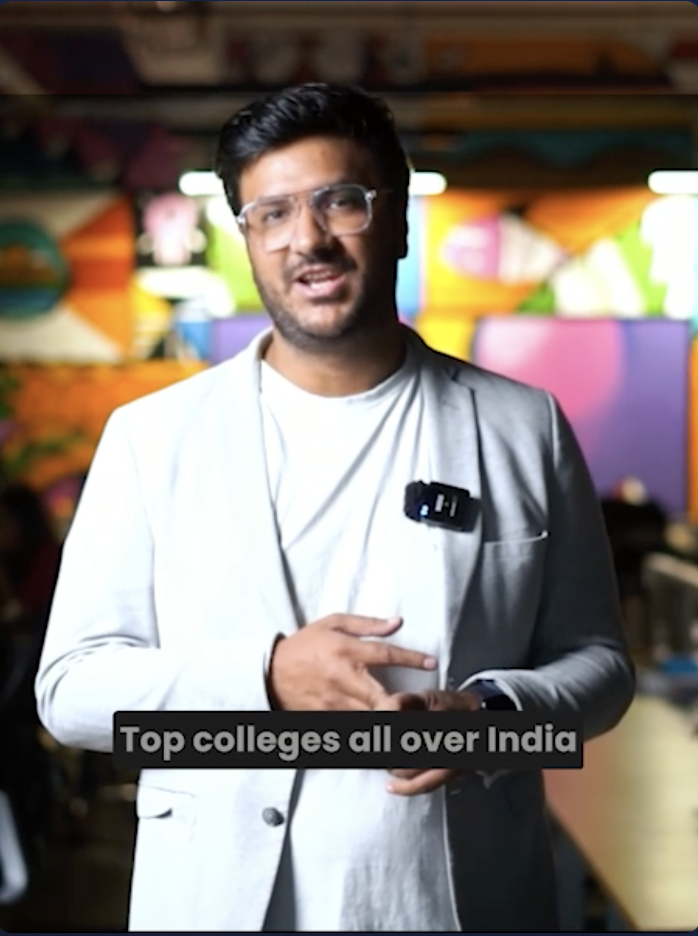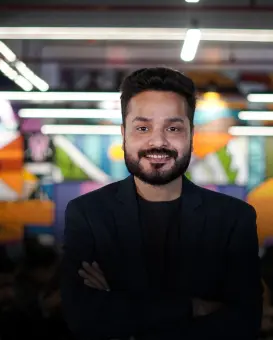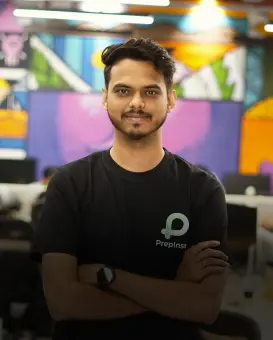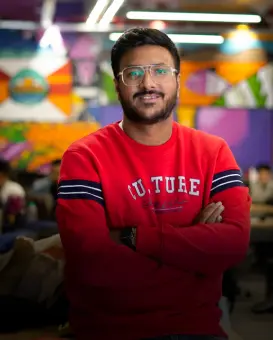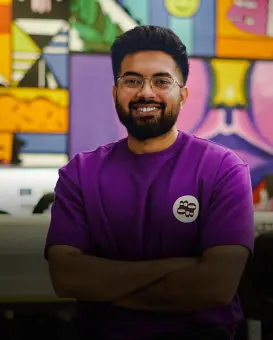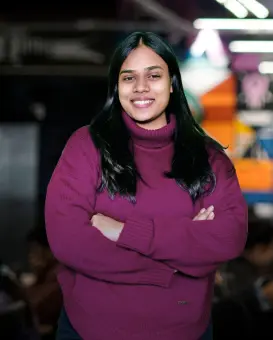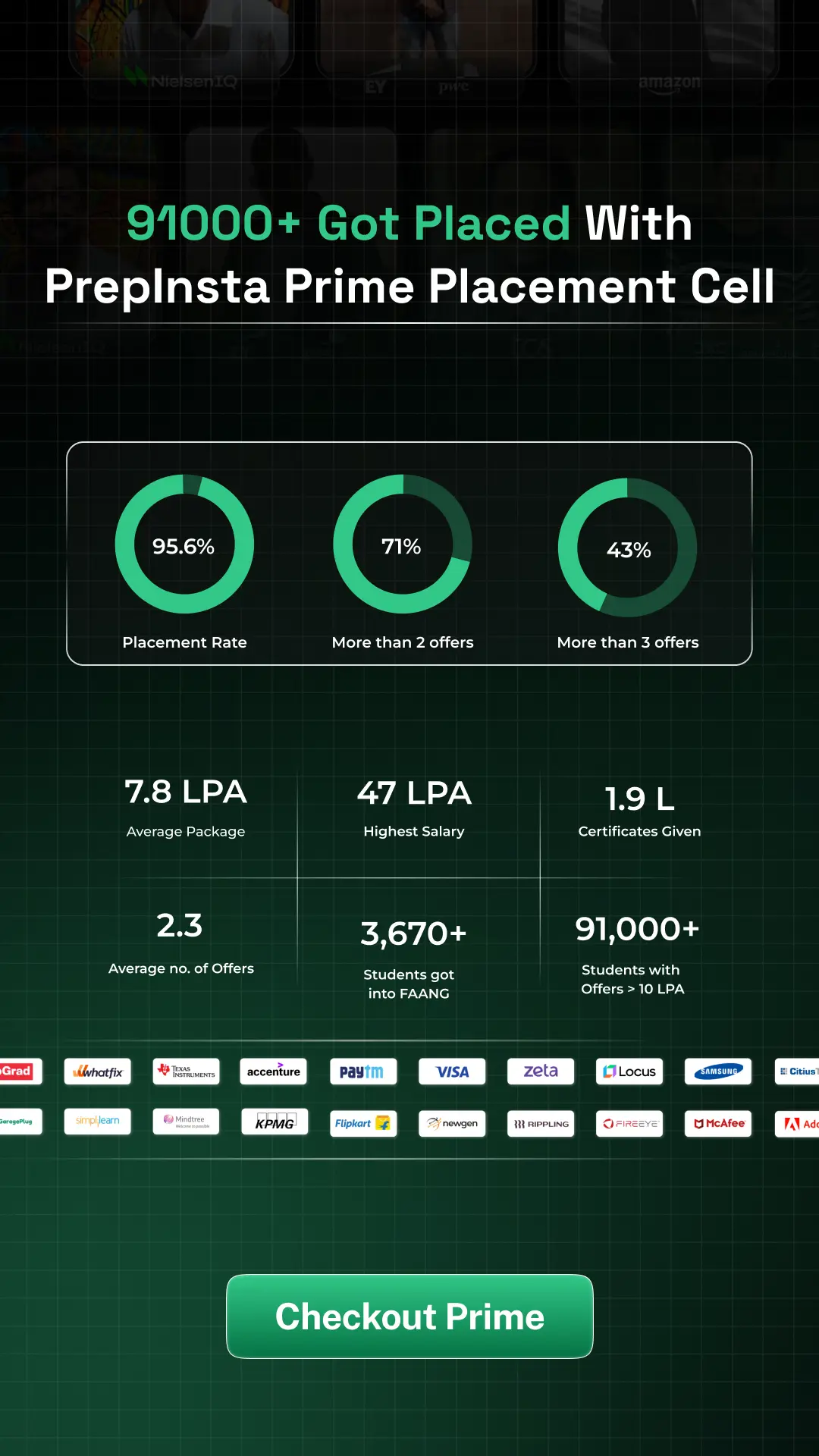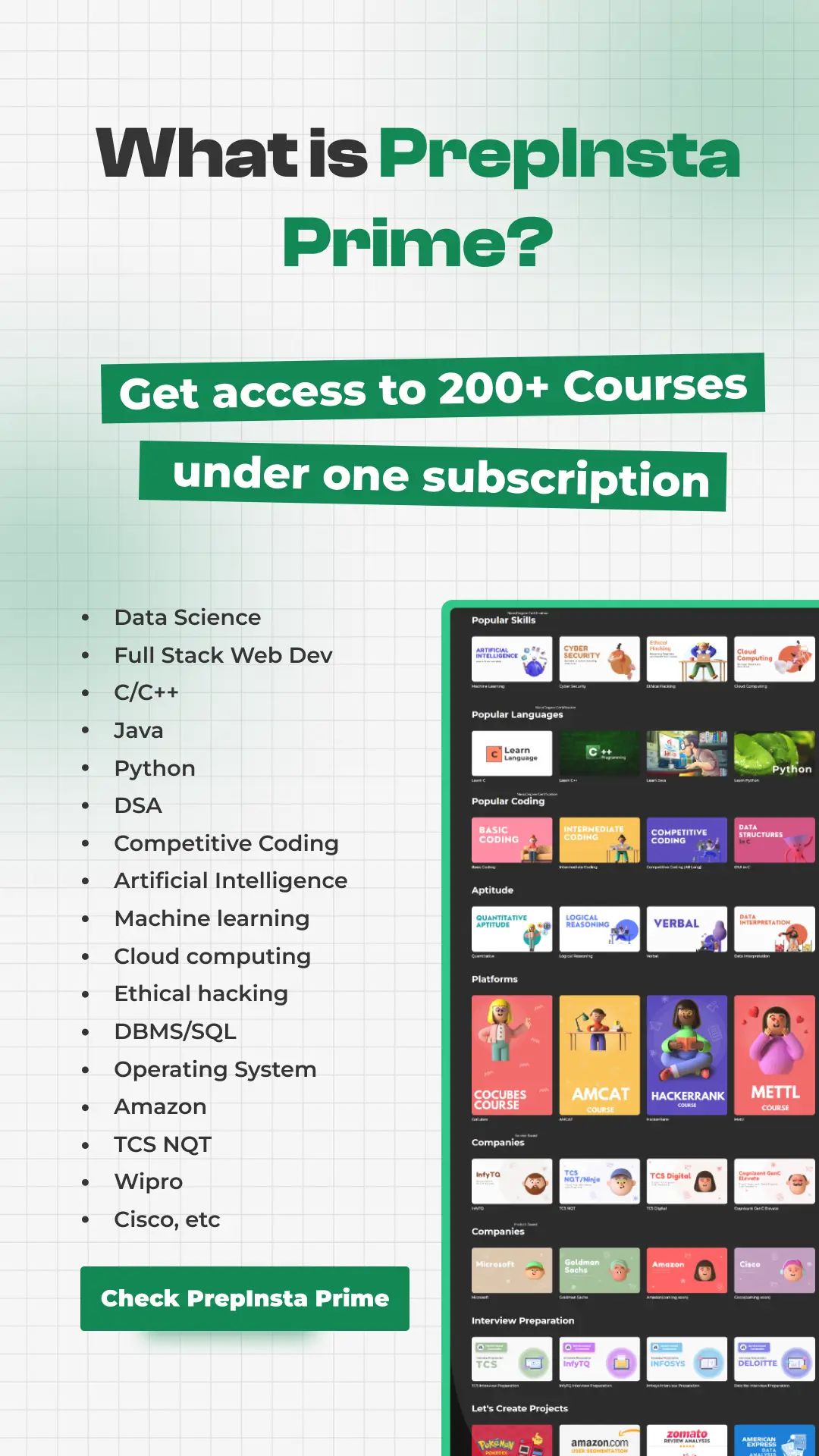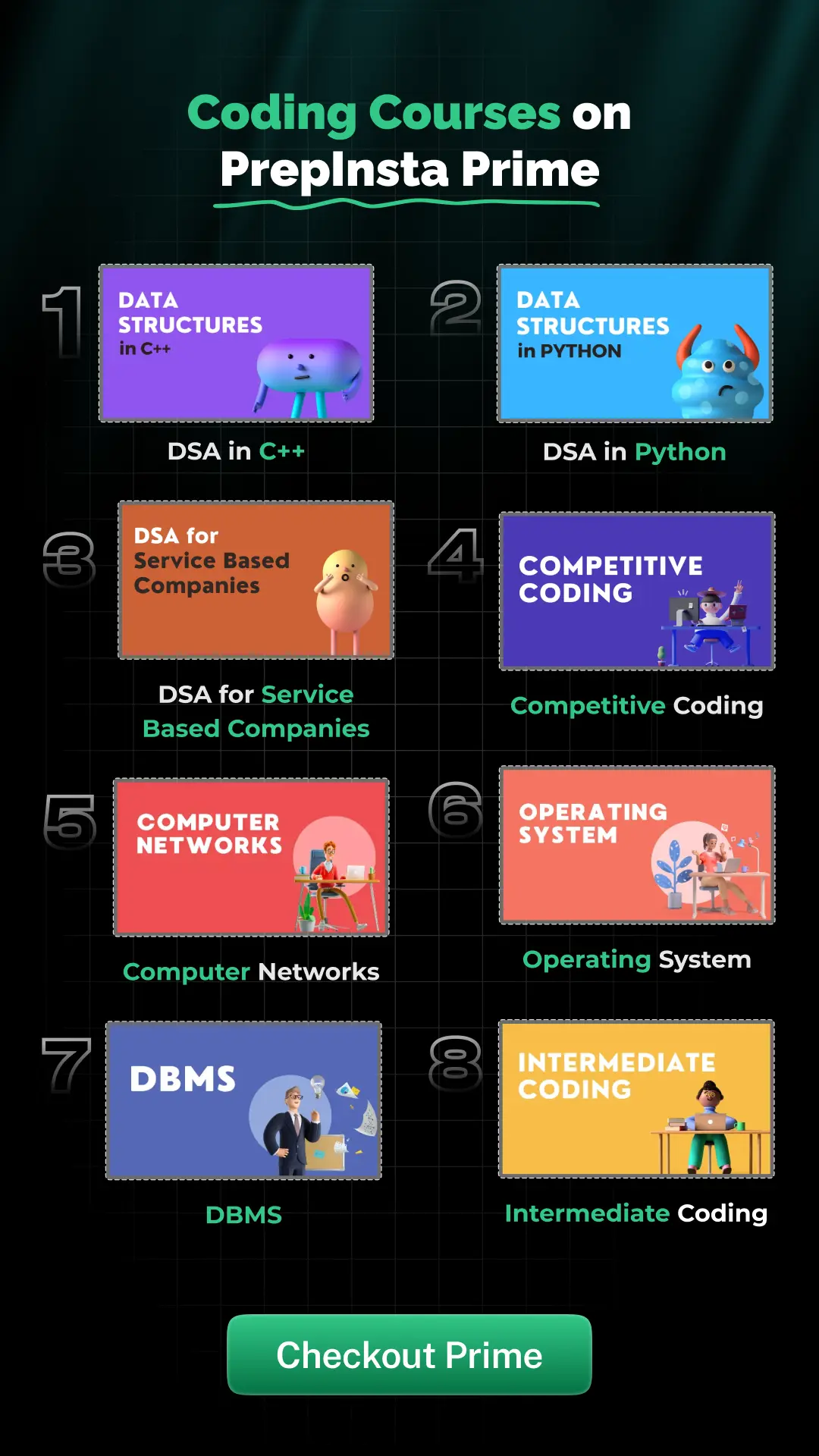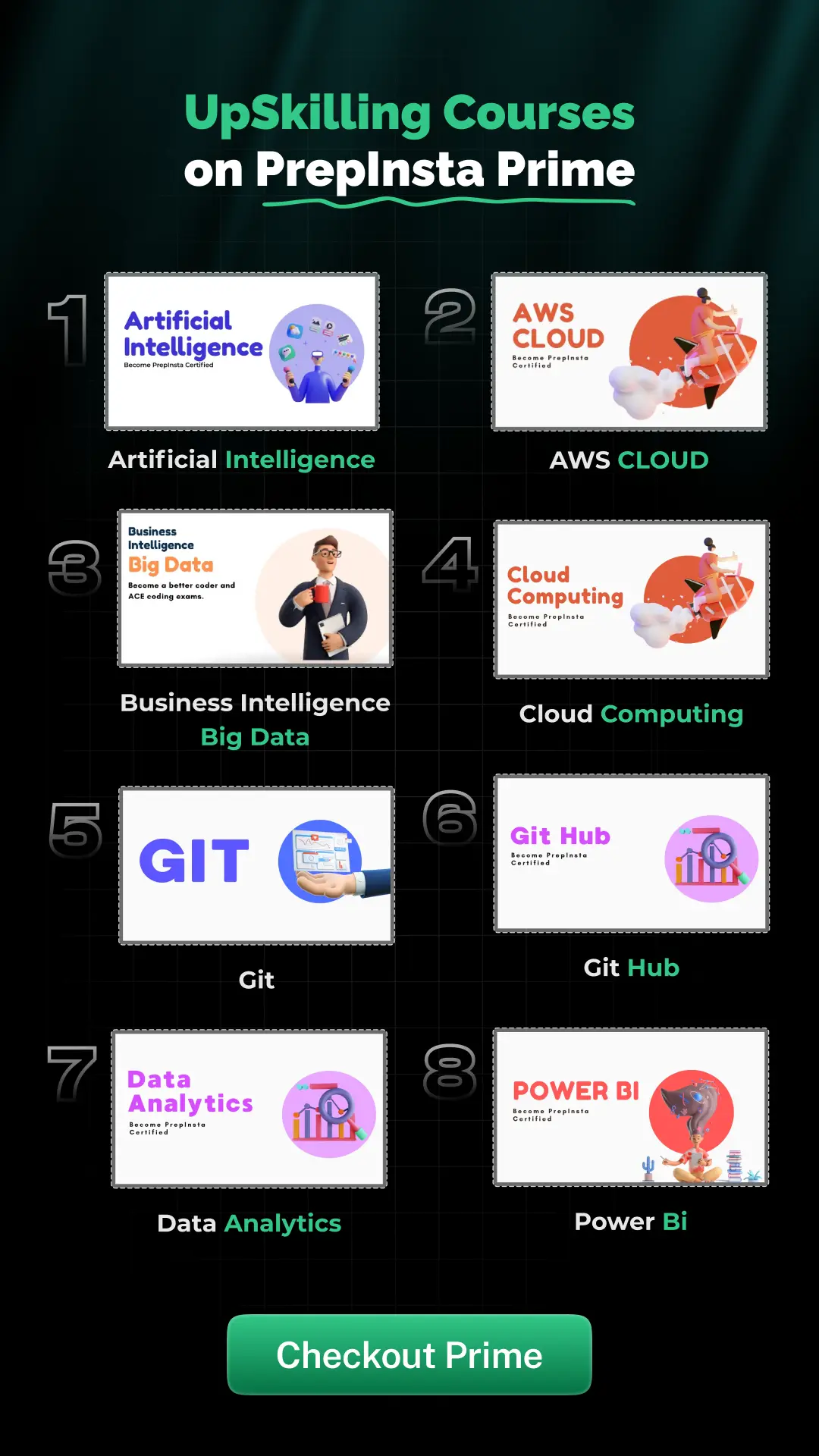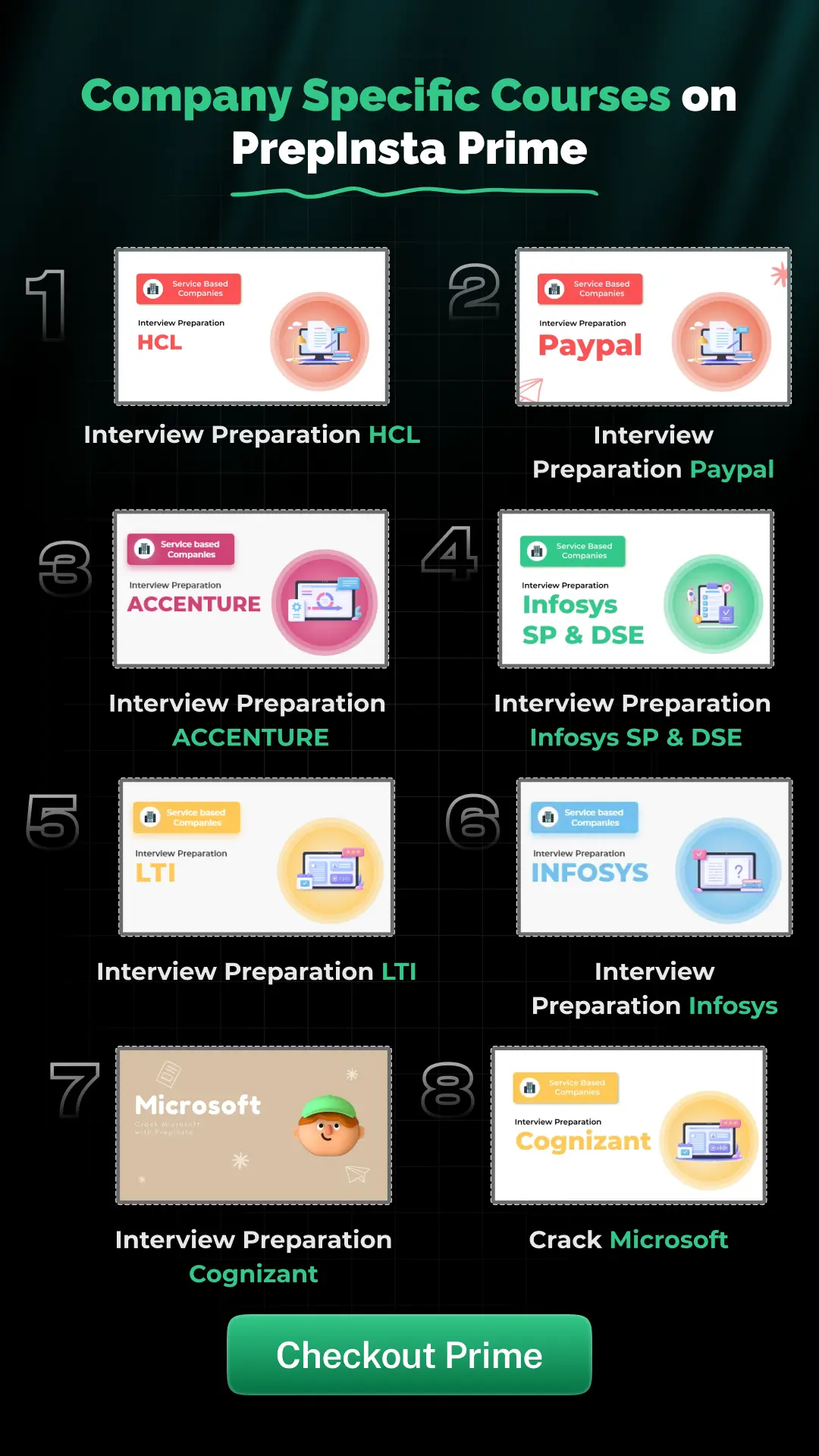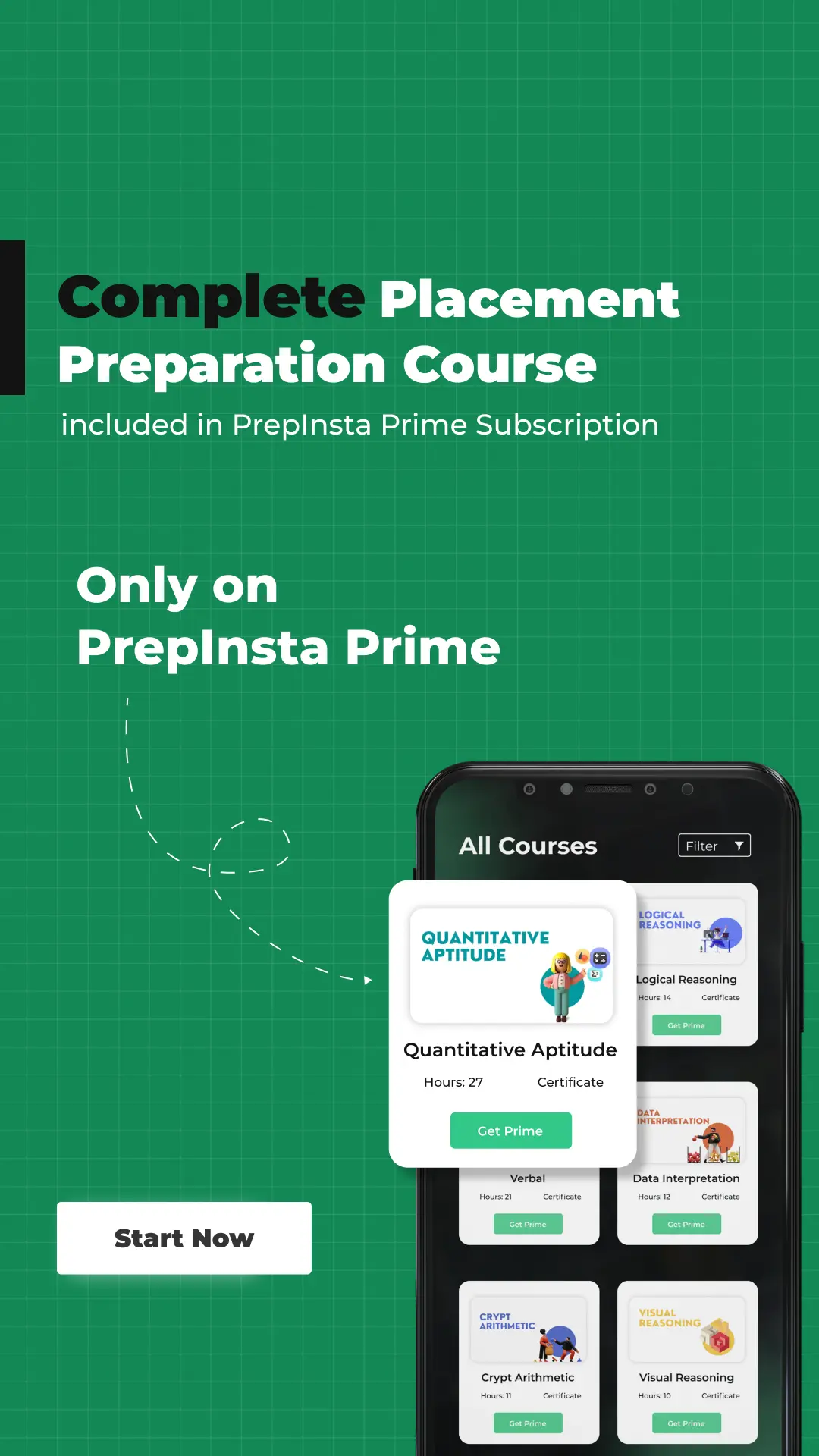Uber Syllabus and Test Pattern
Uber Syllabus and Test Pattern 2025
Are you preparing for an Uber job interview?
Understanding the latest Uber syllabus and test pattern is very important to boost your chances of success. Uber conducts a structured hiring process that includes various rounds to assess candidates’ technical skills, problem solving abilities, and software development skills. Here, we have mentioned latest Uber Hiring Pattern that will help you to get aware about steps involve Uber Hiring.
In this article, we will provide a detailed breakdown of the Uber syllabus 2025, covering important topics, test sections, and key concepts you need to focus on. Whether you're applying for a software engineering role or another technical position, knowing the Uber test pattern and syllabus will help you prepare effectively and stay ahead of the competition.
Let’s dive in!
| Uber Hiring Details | Related Information |
|---|---|
| Job Role | Software Development Engineer 1 ( SDE 1 ) |
| Exam Mode | Online Mode |
| Exam Platform | CodeSignal or HackerEarth |
More Details
Latest Uber Syllabus and Test Pattern
Uber Recruitment Process Details 2025
Uber's hiring process consists of multiple rounds, each designed to assess different skill sets.
Here's a detailed breakdown of the Uber test pattern and syllabus:
-
Online Coding Assessment
- Number of Questions: 3-4 coding problems (Medium to Hard difficulty)
- Time Duration: 45 - 60 minutes
- Topics Covered: Data Structures and Algorithms (DSA)
- Expectations: Candidates need to solve problems efficiently using optimized approaches in languages like Python, Java, or C++.
-
Technical Interview 1
- Time Duration: 40-45 minutes
- Topics Covered: Fundamental DSA concepts, including Arrays, Strings, Trees, Graphs, and Time Complexity.
- Expectations: This round includes live coding tasks, where candidates must write and optimize code while explaining their thought process.
-
Technical Interview 2
- Time Duration: 40-45 minutes
- Topics Covered: Advanced DSA topics like Graph Algorithms, Dynamic Programming (DP), and Segment Trees.
- Expectations: Focus is on real world problem-solving, algorithm optimization, and writing scalable solutions.
-
HR + Managerial Round
- Time Duration: 30-40 minutes
- Topics Covered: Behavioral and situational questions, cultural fit assessment, and discussions about past projects.
- Additional: Senior roles may also include system design questions to evaluate architectural decision making skills.
By understanding the Uber test pattern and syllabus, candidates can prepare strategically and improve their chances of clearing the selection process. Stay focused, practice regularly, and get ready to ace your Uber interview!
Uber Online Coding Assessment Details
Uber Online Coding Assessment is the first step in Uber’s hiring process. It is typically conducted on platforms like CodeSignal and serves as a screening test to evaluate a candidate’s problem solving skills and technical proficiency.
Format of Uber Online Coding Test
- Number of Questions: 3 - 4 coding problems
- Duration: 45 - 60 minutes
- Difficulty Level: Medium to Hard
- Platform: CodeSignal
Types of Questions Asked
Uber syllabus for Online Assessment covers a wide range of topics, including:
-
Data Structures & Algorithms (DSA):
- Arrays, Strings, Linked Lists
- Graphs (BFS, DFS), Trees (BST, Trie)
- Stacks, Queues, Heaps
- Sorting and Searching Algorithms
-
Dynamic Programming & Recursion:
- Memoization and Tabulation techniques
- Common DP problems like Knapsack, Fibonacci, Longest Common Subsequence
-
Mathematical/Combinatorial Problems:
- Number theory, Modulo arithmetic
- Probability-based questions
-
SQL Queries (For Data Roles):
- Writing complex SQL queries
- Joins, Aggregations, Window Functions
-
Object-Oriented Programming (OOP):
- Principles like Encapsulation, Polymorphism, and Inheritance
- Designing classes and objects
To succeed in the Uber test pattern and syllabus, candidates must practice coding regularly on platforms like CodeSignal or HackerRank.
Strong problem solving skills and efficient coding are essential to clear this round and move to the technical interviews.
About Uber Technical Interviews
After clearing the online coding assessment, candidates move to the Uber Technical Interviews, which consist of two rounds designed to assess problem solving skills, coding efficiency, and system design abilities (for senior roles).
Uber Technical Interview 1 (Coding & Problem Solving)
- Duration: 40 - 45 minutes
- Topics Included:
- Programming basics
- Data Structures & Algorithms (DSA)
- Time Complexity Analysis
- System Design (for senior roles)
Topics Covered in Uber Technical Interview 1:
- Arrays & Strings:
- Sliding Window, Two Pointers
- Linked Lists:
- Reversing, Merging, Cycle Detection
- Stacks & Queues:
- Monotonic Stack, LRU Cache
- Binary Trees & BST:
- DFS, BFS, Tree Traversals, Lowest Common Ancestor
- Graphs:
- DFS, BFS, Shortest Path, Dijkstra’s Algorithm
- Sorting & Searching Algorithms:
- QuickSort, MergeSort, Binary Search
- Hashing & HashMaps
- Recursion & Dynamic Programming
Interview Flow:
- The interviewer presents a coding problem.
- The candidate must discuss the approach and analyze the time complexity before coding.
- After coding, explain and optimize the solution.
- This is an elimination round, and only selected candidates move forward.
Uber Technical Interview 2 (Advanced Coding Round)
- Duration: 40 - 45 minutes
- Topics Covered:
- Advanced Data Structures & Algorithms
- Code optimization
- Real-world problem-solving
- Low-Level Design (LLD) for senior roles
Topics Covered in Uber Technical Interview 2:
- Advanced Trees:
- Segment Tree, Fenwick Tree
- Graph Algorithms:
- Dijkstra, Bellman-Ford, Floyd Warshall
- Dynamic Programming:
- Knapsack, Matrix Chain Multiplication
- Bit Manipulation
- Concurrency & Multi-threading (for backend roles)
Interview Flow:
- The interviewer asks a challenging problem.
- Candidates discuss different approaches and select the most optimal one.
- Follow-up questions may be asked to modify or optimize the solution.
These rounds test problem-solving efficiency, and coding best practices.
Candidates who perform well in both technical interviews move to the final HR & Managerial round.
Uber HR Interview + Managerial Round
After successfully clearing the technical rounds, candidates proceed to the HR Interview and Managerial Round.
These interviews focus on assessing a candidate's behavioral skills, leadership abilities, cultural fit, and communication skills.
HR Interview
- Duration: 30 - 40 minutes
- Focus Areas:
- Behavioral and situational questions
- Cultural fit and communication
- Leadership and problem-solving abilities
- Past projects and work experience
Common HR Interview Questions:
- Tell me about yourself.
- Why Uber? What do you know about our products and services?
- Describe a time when you faced a challenge and how you overcame it.
- How do you handle tight deadlines and pressure?
- Give an example of a time you worked in a team.
- What would you do if you disagree with a colleague or manager?
- Your expectations from this role and long-term career goals?
Managerial Round
- Focus Areas:
- Scenario-based leadership and decision-making questions
- Discussion about past projects and their technical impact
- High-level system design questions (for experienced candidates)
Common Managerial Round Topics:
- Handling Conflicts: How you manage disagreements within a team.
- Project Experience: Discussion about past projects, challenges, and solutions.
- Decision-Making Scenarios: How you handle unexpected problems or crises.
- Leadership Skills: Experience in mentoring, leading teams, and driving initiatives.
- High Level System Design: For experienced candidates, Uber may ask about system scalability, architecture, and design choices.
Both rounds play a crucial role in the final hiring decision. Preparing structured answers with real-world examples can help candidates stand out in the Uber HR and Managerial interview rounds.
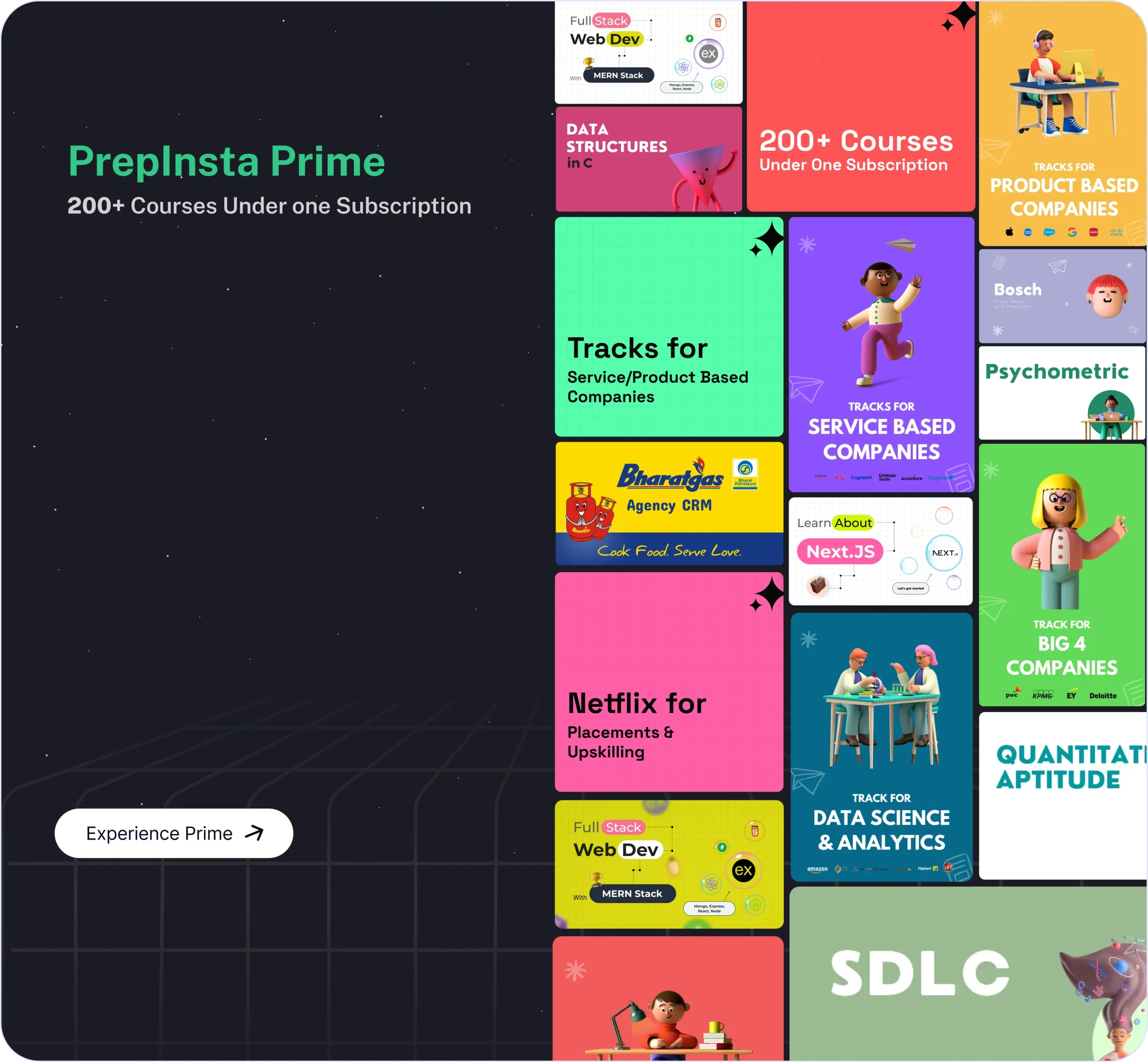
Addition details related to Uber Hiring
Tips to Follow for Uber Interviews (SDE 1 Role)
Preparation Tips:
- Understand the Uber Test Pattern & Syllabus: Familiarize yourself with the latest Uber syllabus and test pattern to focus on key topics.
- Practice Competitive Coding
- Master Data Structures & Algorithms (DSA): Focus on arrays, strings, graphs, trees, DP, recursion, hashing, and sorting/searching algorithms.
- Optimize Your Code: Write clean, efficient, and optimized code with minimal time and space complexity.
- Revise System Design Basics (for experienced roles): For SDE 1, low level design concepts like OOP, API design, and database indexing might be covered.
- Behavioral Preparation: Prepare structured answers using the STAR method (Situation, Task, Action, Result) for HR and managerial rounds.
- Know Uber’s Products & Culture: Learn about Uber’s mission, products, services, and recent innovations to demonstrate interest in the company.
SDE 1 Profile at Uber
Role: Software Development Engineer 1 (SDE 1)
Experience Level: 0-2 years (Entry level)
Salary Upto: 35 LPA
Responsibilities:
- Work on backend, frontend, or full stack development based on team requirements.
- Implement and optimize scalable, high performance systems.
- Write clean, maintainable, and testable code.
- Collaborate with product, design, and engineering teams to build Uber's services.
- Debug and resolve production issues efficiently.
Skills Required:
- Strong DSA & Algorithmic knowledge
- Proficiency in coding (Python, Java, C++, or other relevant languages)
- Understanding of OOP principles
Uber Topic Wise Analysis

Topic Wise Bifurcation
Advanced DSA
Number of Questions 1 - 2
Medium 78%
Importance 90%
Dynamic Programming
Number of Questions 1 - 2
High 80%
Importance 85%
Graph Algorithms
Number of Questions 1 - 2
Hard 90%
Importance 85%
Tries & String Algorithms
Number of Questions 0 - 1
Hard 90%
Importance 90%
Bit Manipulation
Number of Questions 0 - 1
Medium 85%
Importance 85%
Uber Previous Year's Interview Experience
Application Process
The candidate applied for the Software Development Engineer 1 (SDE 1) position at Uber through an off-campus referral.
The interview process consisted of multiple rounds, including an online assessment and technical interviews.
Round 1: Online Assessment
- Duration: 60 - 90 minutes
- Platform: CodeSignal
- Components:
- Coding Questions: Three problems of varying difficulty Easy, Medium, and Hard.
- Outcome: Based on performance, the candidate was shortlisted for the next round.
Round 2: Technical Interview 1
- Duration: 45 minutes
- Focus Areas:
- Data Structures & Algorithms (DSA): The interviewer posed a graph-related problem and assessed the candidate's approach, problem-solving skills, and code optimization techniques.
- Discussion: The candidate was encouraged to explain their thought process, analyze time and space complexity, and consider edge cases.
- Outcome: The candidate's performance led to progression to the next technical interview.
Round 3: Technical Interview 2
- Duration: 45 minutes
- Focus Areas:
- Advanced DSA: Problems involving advanced data structures and algorithms.
- Coding Expectations: Emphasis on writing clean, efficient, and optimized code with minimal time and space complexity.
- Outcome: Successful candidates were moved forward to the HR interview.
Round 4: HR Interview
- Duration: 30-40 minutes
- Focus Areas:
- Behavioral and Situational Questions: Assessing cultural fit, communication skills, leadership qualities, and problem solving abilities.
- Common Questions:
- "Tell me about yourself."
- "Why Uber? What do you know about our products and services?"
- "Describe a time when you faced a challenge and how you overcame it."
- "How do you handle tight deadlines and pressure?"
- "Give an example of a time you worked in a team."
- "What would you do if you disagree with a colleague or manager?"
- "Your expectations from this role and long-term career goals?"
Verdict: Got Selected.
One Subscription, For Everything
The new cool way of learning and upskilling -
One Subscription access everything
Get Access to PrepInsta Prime
from FAANG/IITs/TOP MNC's

PrepInstaPrime
Get over 200+ course One Subscription
Courses like AI/ML, Cloud Computing, Ethical Hacking, C, C++, Java, Python, DSA (All Languages), Competitive Coding (All Languages), TCS, Infosys, Wipro, Amazon, DBMS, SQL and others.

 Apply For Jobs
Apply For Jobs Get Hiring Updates
Get Hiring Updates